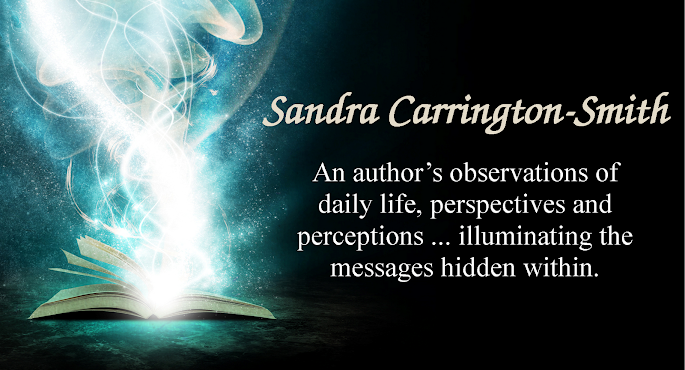
"Keep your mind on the things you want and off the things you don't want." ~ Hannah Whitall Smith
A few months ago I had a recurring dream. In the dream, my family and I were driving somewhere near the beach, and suddenly a wall of water rose from the ocean and formed an extremely tall and terrifying tower of water. In one dream, we were on the higher level of a parking deck when the first wave came down, and although panic was quickly spreading all around us, we knew we were safe.
After that, I had similar version of the same dream on different occasion, but one of them in particular really caught my attention. Unlike the majority of dreams which are nothing more than snippets of unrelated debris from the previous day, this dream was as clear as a film; if I close my eyes right now, I can still see it.
In the dream, my family and I were once again driving parallel to the coast, looking at crashing waves while we pleasantly cruised along. Unexpectedly, the sky turned dark toward the southeast and the wind began to blow. Suddenly, the water started receding, and it pulled itself up in a tower ever higher and scarier than the one in preceding dreams. I stood in front of it, knowing that it was only a matter of time before it would fall back down. Standing in front of the powerful mass of water - so high up in the sky I couldn’t even see the top – panic seized my entire being. I looked up at the dark water ready to swallow me in its fluid bite and then closed my eyes, hoping to savor the last few moments on this earth.
A thought flashed through my mind. Without wasting any time on rationalizing whether it would work or not, I opened my eyes, and turned to look toward the west, where the sun was still shining. I tried my best to detach from the feeling of fear gripping my very soul, and focused on the healing power of the sun. As I kept my concentration centered on the sun, I could see with the corner of my eye that the tower of water was getting smaller. Without questioning what was happening I continued doing just that – I ignored the fear and focused on the one thing that, I felt in my heart, could neutralize the killer wave. The mass of water continued shrinking, until, finally, it disappeared.
I don’t remember much about the rest of the dream, aside from the fact that we were back in the car and driving to some other location.
When I woke up the next morning, I couldn’t shake the dream, and continued to think about it for the next several days. I still occasionally do, although I no longer feel a sense of dread when I think of the wall of water looming over us. I believe this dream contained a powerful lesson, for it highlighted our ability to fight adversities by focusing our energy on their opposites.
We might be powerless in front of some seemingly insurmountable threats in our path, but something exists which can neutralize each of them. There is no ill in the world without an antidote; to find it we need to understand the nature of what is looming in front of us and beam our energy in the opposite direction. Some monsters can be big and scary, but it is comforting to know their opposites pack just as powerful a punch.

































